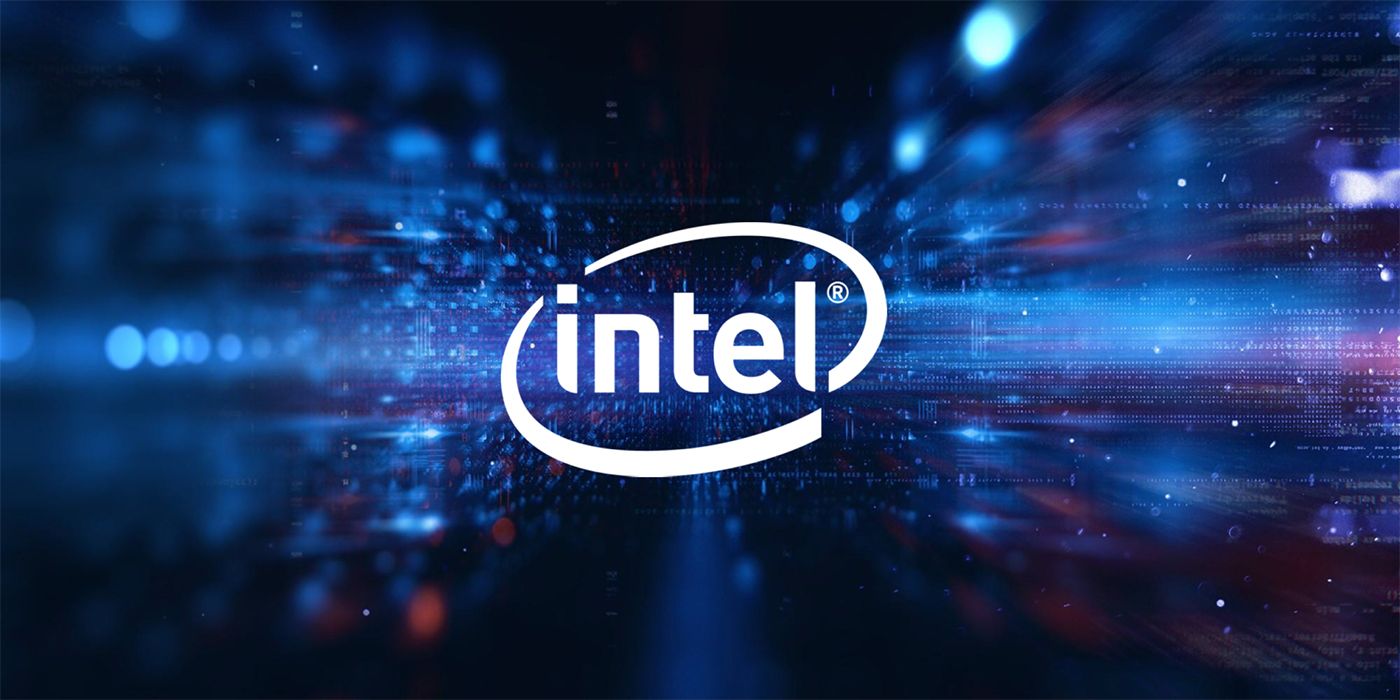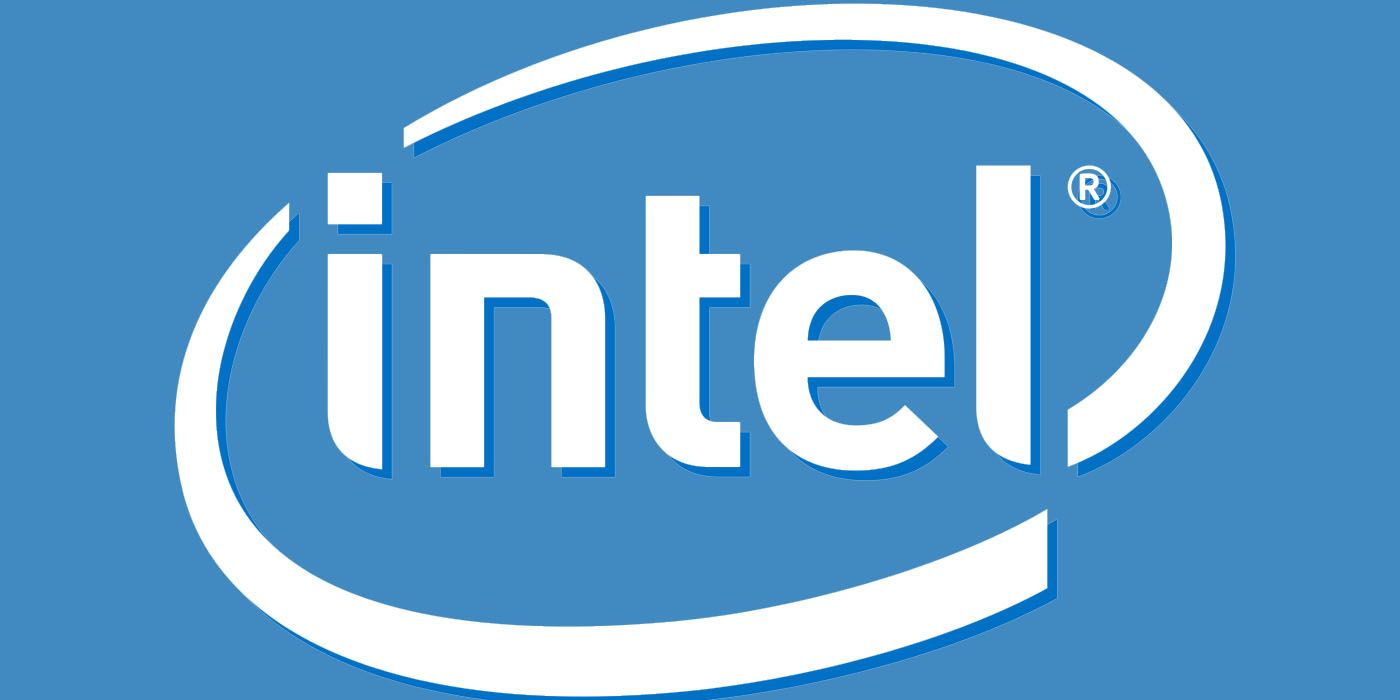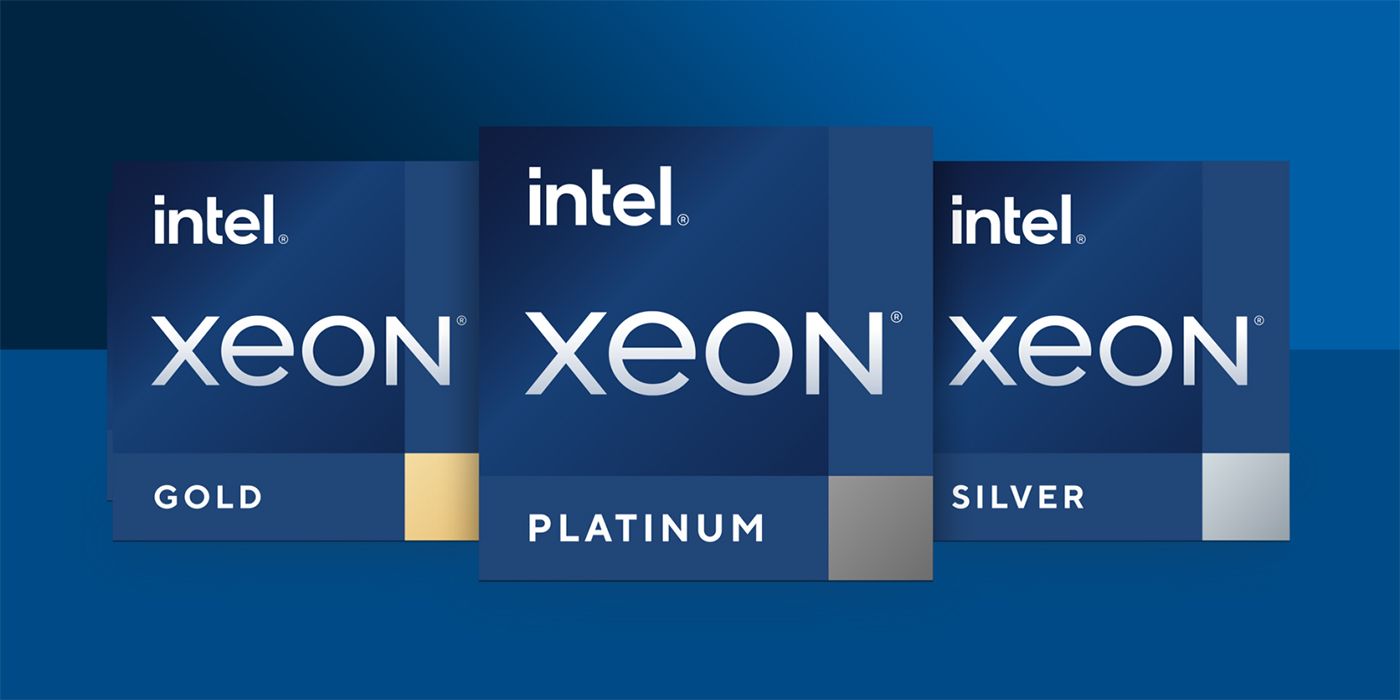
Every user on the internet subjects themselves to some layer of data collection and privacy agreements daily, in one form or another. Much of this kind of feedback is usually pretty harmless; basically all websites cache cookies in consumers' internet browsers just for the sake of user convenience. Sometimes websites use data and analytics to track user movements, consumer traffic, and other forms of data to factor into web development or marketing, like website advertisements. Much like other websites, Intel employed an array of very similar functionality on its website as well. However, the buck doesn't exactly stop there, as user privacy concerns have arisen.
Now, the tech company finds itself in hot water due to a class action lawsuit filed against the company by plaintiff Holly Londers. Initially filed under a circuit court in Lake County, Florida, the lawsuit moves to class action in the federal district court of Orlando due to concerns of unnecessary and illegal tracking of user data. Moving beyond typical website analytics and data collection like page views, click-through rate, or basic device information, Intel has allegedly been tracking specific users' keystrokes. Londers, among the many others following suit, believe Intel is unnecessarily monitoring user data upon each website visit, leading to alleged user privacy infringement.
RELATED: GameStop is Going to Start Selling PC Gaming Hardware, Including GPUs

Holly Londers, the initial plaintiff of the state court lawsuit, stated that dozens of their visits to Intel's website were tracked using a variety of different metrics outside of the norm. Outside of typical (and legal) website analytics like clickthrough rate, number of page visits, time on site, and more, Intel had supposedly applied several extraneous methods of "tracking, recording, and/or 'session replay' software" to monitor more specific data from individuals. This could equal, but not be limited to, measuring more exact mouse movements, keystrokes, scrolls, etc. All of said data was allegedly collected and analyzed by a third-party site called Clicktale/Contentsquare.
U.S. communication interception laws, also known as "wiretapping" laws, do specifically differ from state-to-state, but there is an overarching national law as well. Federal law in the United States (18 U.S. Code § 2511) specifically states that recording of communication methods of any kind requires one-party consent. However in Florida, the state where Londers' lawsuit was initially filed, is an "all-party consent" state, meaning Intel needs to make it expressly clear to all visitors the data it tracks. Granted that doesn't apply to things like overarching website analytics, but when it comes to specific movements by users, that's where Intel may be liable for such a lawsuit.
RELATED: Microsoft and Google Dispute Nvidia Arm Acquisition

Intel has certainly gotten in trouble in the past, but never under liability of data-tracking or the breach of users' privacy. Most recently, the tech company lost a $2.18 billion patent infringement trial against VLSI Technology, infringing on two different established tech patents in designing its near-ubiquitous microchip processors. In 2011, Intel was forced to pay another $1.5 billion to Nvidia during a settlement for graphics chips designs in particular. Intel has also faced lawsuits with market competitor AMD, including a Supreme Court case in 2005, for engaging in anti-competitive behavior in certain international markets related to 28 U.S. Code § 1782.
However, this particular breach of privacy on behalf of consumers is certainly unprecedented for Intel. In particular, this case has built steam relatively quickly based on Intel's privacy statement on its website, which is seemingly vague about what specific user data it actually collects on site. "We might also obtain information through a partner," the site explains regarding third-party data collection, "In some cases we combine personal information about individuals that we receive from multiple sources, including directly collected from you or through your use of the Intel® Services." As for what those sources are, Intel's statement never thoroughly explains.
Of course, many obviously know about Intel because of the various lines of processers and micro-processors that the company develops for computers. Nothing in relation to this lawsuit in particular correlates with its hardware chipsets or any specific computer technology. That being said, the expected outcome of this case is largely meant to set a precedent to prevent any unnecessary, and particularly unlawful data collection from the tech company's consumers. Most immediately, this will affect Intel's website at the center of this class action suit, but it's certainly possible this lawsuit may set a legal precedent for any data collection or analytics taken from user's systems directly.
MORE: Why the Intel 670p SSD Price Dropped So Fast
Source: The Register, Intel, Cornell Legal Information Institute

